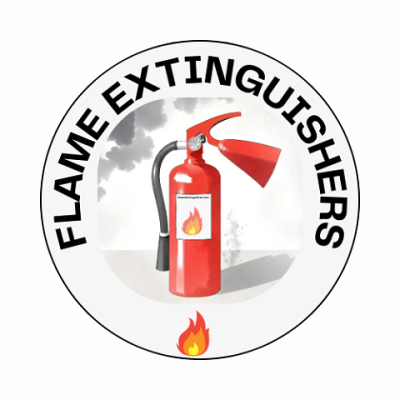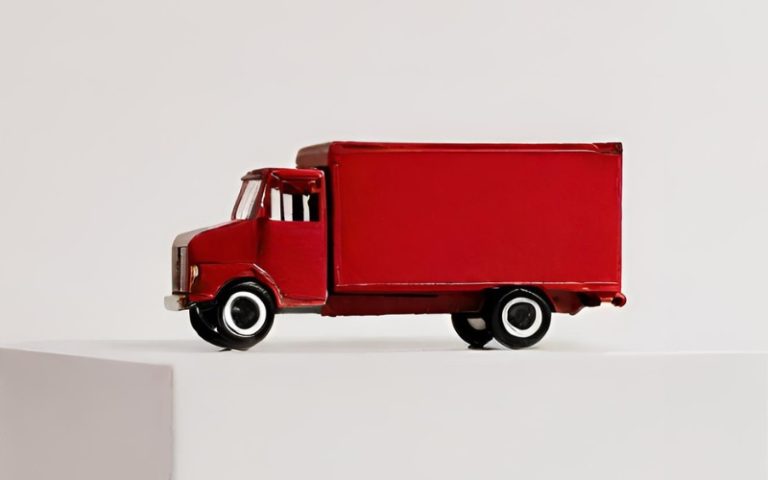Cars: Dry Chemical and Clean Agent Fire Extinguishers
- Use: Effective for Class A, B, and C fires, making them versatile for most car fire scenarios.
- Limitations: May create a cloud that reduces visibility and is not recommended for enclosed spaces. Also important to note that dry chemical extinguishers can cause damage to the engine and electronic components.
- Fire Classes: Class A, B, and C.
The U.S. Fire Administration reported that from 2014 to 2016, an estimated 171,500 highway vehicle fires occurred in the United States annually, resulting in an average of 345 deaths, 1,300 injuries, and $1.1 billion in property loss. Mechanical failure was the leading cause of these fires (45%), followed by electrical failure (22%)
Trucks: ABC Dry Chemical Fire Extinguisher
- Use: Ideal for Class B and C fires but also covers Class A fired, making it suitable for common truck fire risks.
- Limitations: Not recommended for electrical fires and may leave residue. Another option is a Halotron fire extinguisher, which uses halogenated hydrocarbons to extinguish fires quickly without leaving hazardous residue or damaging sensitive electronic components.
- Fire Classes: Class A and B.
RVs: Multi-Purpose and Wet Chemical Fire Extinguishers
- Use: Wet chemical extinguishers are specifically designed for Class K fires involving cooking oils and fats, common in RV kitchens. A multi-purpose fire extinguisher is needed for overall coverage of an RV.
- Limitations: Wet Chemical has limited effectiveness for other fire classes beyond class K.
- Fire Classes: Wet Chemical handles Class K and also suitable for certain Class A fires. Multi-purpose handles Class A,B,C fires.
Around 1,000 RV fires are reported annually, causing deaths, injuries, and millions of dollars in damages.
Understanding the best types of fire extinguishers for each vehicle is crucial. Now, let’s address some common questions about vehicle fire extinguishers.
Frequently Asked Questions:
It’s not recommended. Vehicle fire extinguishers are designed to handle the unique challenges of automotive fires.
Check the manufacturer’s guidelines, but generally, vehicle fire extinguishers have a lifespan of 5 to 15 years.
Choose a fire extinguisher with a minimum rating of 2A:10B:C for the kitchen area of your RV.
No, for electrical fires, it’s best to use a CO2 fire extinguisher designed for such situations.
Secure the fire extinguisher in a designated bracket, away from direct sunlight and extreme temperatures, and easily accessible in case of an emergency.
Ensuring the safety of your vehicle and its occupants involves thoughtful preparation. Invest in the right fire extinguisher for your specific vehicle type, understand its uses and limitations, and adhere to proper maintenance guidelines. Remember, being prepared can make all the difference in a critical situation.



